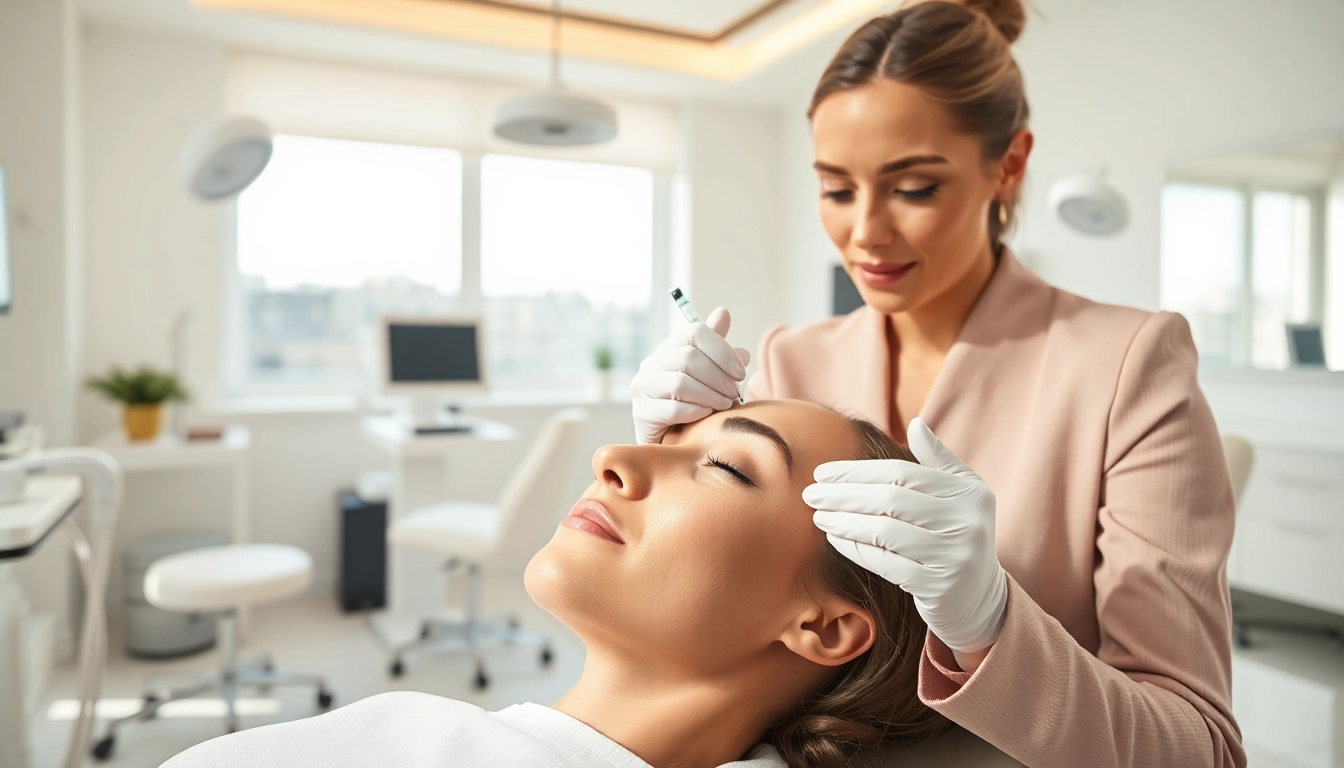Understanding Testosterone Replacement Therapy
Testosterone Replacement Therapy (TRT) is a medical treatment aimed at restoring testosterone levels in individuals who have been diagnosed with low testosterone, also known as hypogonadism. This condition can affect anyone, but it is most commonly associated with older males. TRT has gained popularity as an effective solution for addressing various symptoms linked to low testosterone levels, such as fatigue, reduced libido, and cognitive difficulties. This article will delve into the intricacies of Testosterone Replacement Therapy, including the mechanisms behind its efficacy, the potential benefits, associated risks, and the considerations for those contemplating the therapy. Testosterone Replacement Therapy offers a path to improved health and well-being for many, but it is essential to navigate this treatment with informed caution.
What is Testosterone Replacement Therapy?
Testosterone Replacement Therapy refers to a range of medical treatments designed to elevate testosterone levels in men suffering from hypogonadism. These therapies can be administered in various forms, including injections, patches, gels, and pellets. Each method delivers testosterone into the body differently, affecting the absorption rate and impact. For instance, injections are typically performed every one to two weeks, while patches and gels can be applied daily or weekly for more consistent hormone levels.
How Testosterone Replacement Therapy Works
TRT works by introducing exogenous testosterone into the body, compensating for the insufficient levels produced by the testes. Once administered, testosterone is absorbed into the bloodstream, restoring the hormonal balance. The therapy stimulates various bodily functions, including sperm production, muscle growth, bone density maintenance, and the regulation of sexual urges. Patients often notice improvements in energy levels, mood stability, and overall well-being after commencing therapy.
Why Consider Testosterone Replacement Therapy?
Men may consider Testosterone Replacement Therapy for several reasons. Symptoms of low testosterone can significantly impact quality of life, leading to frustration and confusion. Declines in hormone levels can result from various factors, including age, stress, environmental factors, or underlying health conditions. Notably, those experiencing issues such as severe fatigue, depression, reduced libido, muscle weakness, and cognitive decline may find TRT beneficial. The therapy not only targets these symptoms but can also foster improved physical and emotional health, making it an appealing option for many.
Benefits of Testosterone Replacement Therapy
Physical Health Improvements
One of the key benefits of Testosterone Replacement Therapy is its profound impact on physical health. Patients often experience significant muscle gain and fat loss, leading to improved body composition. Higher testosterone levels can also enhance bone density, which is crucial for preventing osteoporosis in aging men. Research indicates that men undergoing TRT demonstrate improved cardiovascular health markers, including better blood lipid profiles and reduced risk factors associated with heart disease.
Emotional and Mental Well-being
Testosterone plays a critical role in emotional health. Low testosterone levels have been linked to symptoms of depression, anxiety, and irritability. By restoring testosterone levels to normal, patients often report enhanced mood stability, increased motivation, and reduced feelings of sadness. Furthermore, TRT may improve cognitive functions such as memory and concentration, making it a holistic approach to overall mental health.
Impact on Sexual Health
TRT significantly impacts sexual health by improving libido and sexual performance. Many men with low testosterone experience diminished sexual interest and erectile dysfunction. By raising testosterone levels through TRT, patients often report enhanced sexual desire and improved erectile function. These benefits can reinvigorate intimate relationships and improve overall satisfaction.
Risks and Side Effects of Testosterone Replacement Therapy
Common Side Effects
While Testosterone Replacement Therapy can be highly beneficial, it is not without potential side effects. Common side effects may include acne, oily skin, hair loss, and breast tenderness. Some patients may also experience increased aggression or mood swings. It’s essential for patients to communicate openly with their healthcare providers about any side effects they encounter. Regular monitoring may be required to adjust dosages or methods of administration as needed.
Long-term Risks Associated with Testosterone Replacement Therapy
The potential long-term risks associated with Testosterone Replacement Therapy have been a topic of extensive research. Some studies suggest a correlation between TRT and an increased risk of cardiovascular complications, especially in older men with pre-existing heart conditions. Additionally, there have been concerns about elevated red blood cell counts, leading to increased blood viscosity, which may predispose patients to thromboembolic events. It is crucial for individuals to discuss these risks with their doctors before commencing therapy.
Managing Side Effects Effectively
Effective management of side effects is crucial for the success of Testosterone Replacement Therapy. Regular follow-up appointments can help healthcare providers monitor hormone levels and overall health. Adjustments in the therapy, including changes in dosage or administration methods, can make a measurable difference in the patient’s experience. Additionally, lifestyle changes, such as maintaining a healthy diet, engaging in regular physical activity, and managing stress can further help mitigate side effects.
Eligibility and Consultation for Testosterone Replacement Therapy
Who is a Candidate for Testosterone Replacement Therapy?
Candidates for Testosterone Replacement Therapy typically include men who have symptomatic hypogonadism confirmed by laboratory tests indicating low testosterone levels. It is vital for potential candidates to exhibit genuine symptoms, such as persistent fatigue, low libido, and erectile dysfunction, to be considered for therapy. Additionally, age and overall health history play a role in determining eligibility for TRT.
The Importance of Medical Evaluation
A comprehensive medical evaluation is essential before starting Testosterone Replacement Therapy. This evaluation should include a detailed medical history assessment, physical examination, and blood tests to measure testosterone levels and rule out any contraindications such as prostate cancer or hormone-sensitive conditions. Consulting a qualified healthcare professional ensures that TRT is appropriate for the individual’s unique situation and that all health risks have been adequately assessed.
What to Expect During Your Consultation
During a consultation for Testosterone Replacement Therapy, patients can expect to discuss their symptoms and undergo a thorough examination. The provider may review the patient’s family history and lifestyle factors, such as diet and physical activity. Blood tests to assess testosterone levels and other hormonal markers will typically be performed before making a recommendation. This initial consultation is crucial for formulating an individualized treatment plan tailored to the patient’s specific needs.
Alternative Treatments and Lifestyle Changes
Natural Approaches to Boost Testosterone Levels
For those hesitant about embarking on Testosterone Replacement Therapy or who have mildly low testosterone levels, there are natural approaches to enhance testosterone production. These methods include engaging in regular strength training, optimizing diet—by incorporating healthy fats, proteins, and essential vitamins (like Vitamin D and zinc)—and ensuring adequate sleep and stress management. Supplements targeting testosterone levels are also available, but they should be discussed with a healthcare provider before use.
Complementing Testosterone Replacement Therapy with Lifestyle Changes
Combining Testosterone Replacement Therapy with positive lifestyle adjustments can amplify results and improve overall health. Emphasizing a balanced diet rich in lean proteins, whole grains, fruits, and vegetables can support hormone health. Regular physical exercise, particularly resistance training and cardiovascular workouts, can also enhance the benefits of TRT. Additionally, prioritizing mental health through stress-reduction techniques such as mindfulness or yoga can lead to comprehensive wellness.
When to Consider Alternative Treatments
Patients may consider alternative treatments when they prefer not to partake in pharmacological options due to potential side effects or personal beliefs against hormone therapy. Additionally, individuals with mildly low testosterone levels might explore lifestyle interventions first before deciding on TRT. Ultimately, any alternative treatment plan should be discussed and monitored by a healthcare professional to ensure it meets the patient’s health needs.



